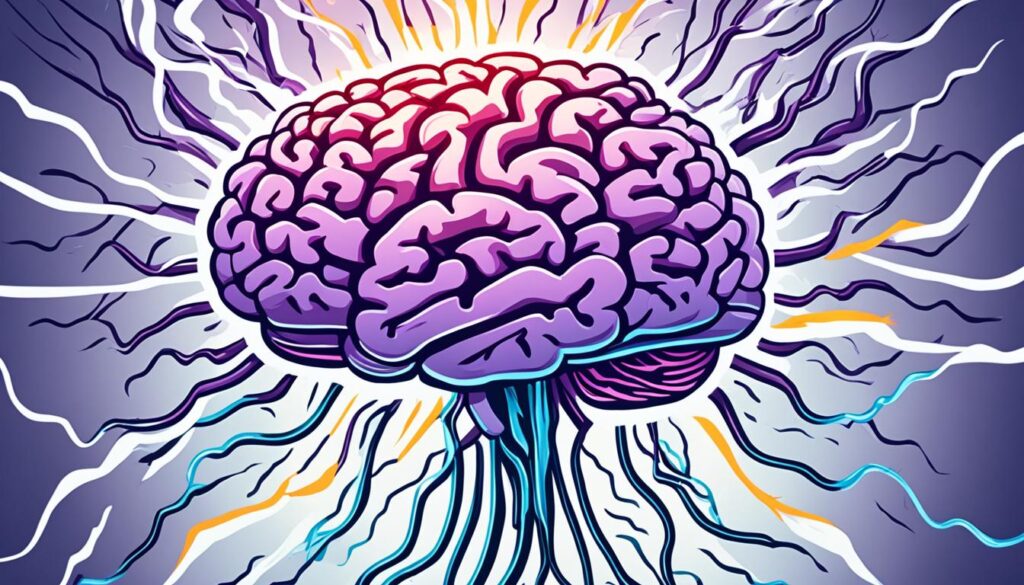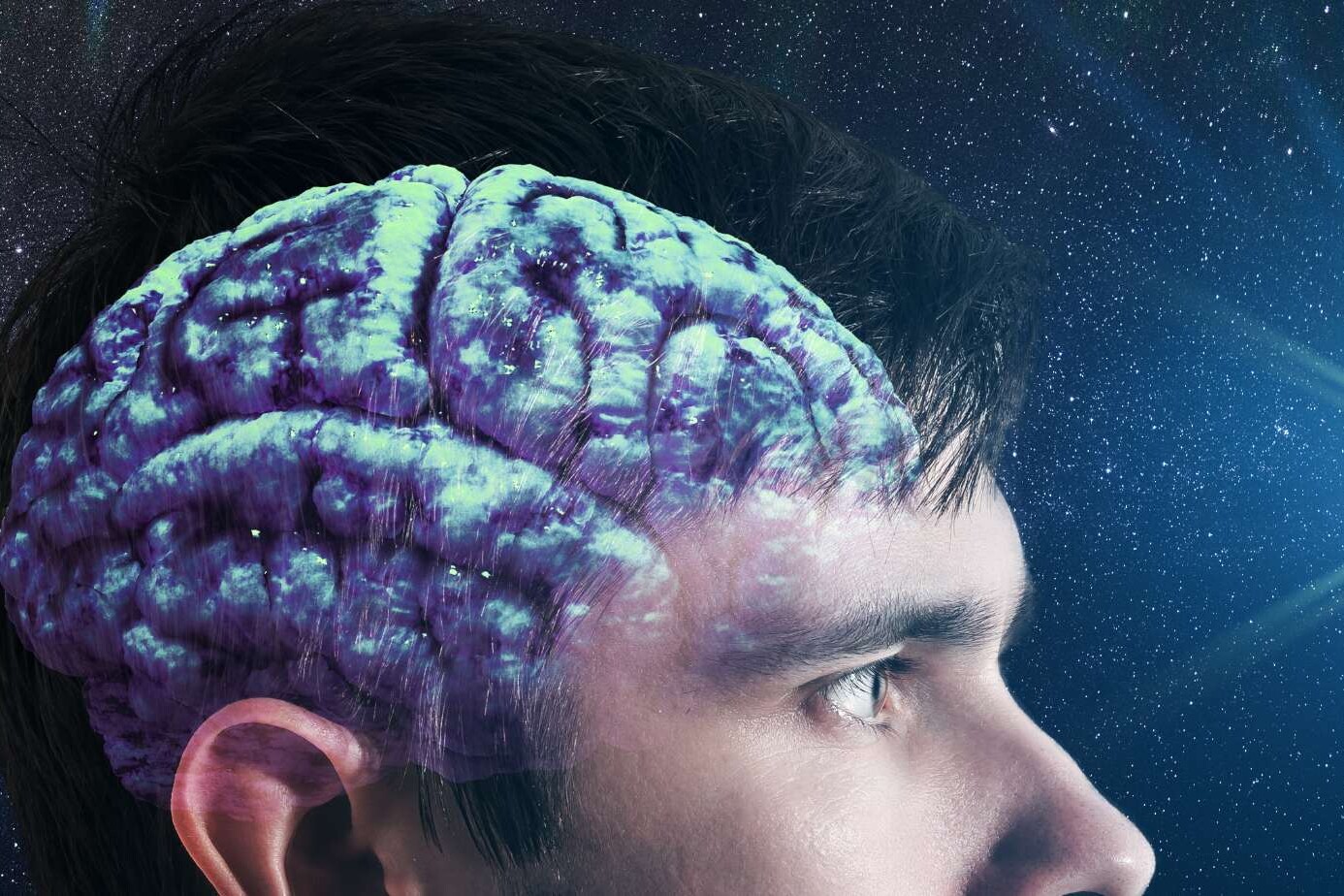Epilepsy is the fourth most common neurological disorder in the world. It affects around 3 million people in the United States. This brain disorder causes recurring, unprovoked seizures. These are sudden surges of abnormal electrical activity in the brain. They make a person look or act differently.
Having epilepsy can change many parts of your life. It can affect your safety, relationships, work, and even driving. The key is to understand when seizures might happen. Not every seizure is the same. People with epilepsy could have different types of seizure disorder.
In this blog, we will break down what is epilepsy, explore its symptoms, causes, and treatment options, and clear up many of the common myths. We’ll also hear from a doctor who deals with this every day – Dr. Chandril Chugh, a US-trained neurologist.
Table of Contents
ToggleWhat is Epilepsy?
Epilepsy is a neurological condition where the brain’s activity becomes abnormal. This leads to recurrent seizures. A seizure is like a temporary glitch in your brain’s electrical system. But not all seizures look the same. Some people shake violently, while others might just stare blankly for a few seconds.
According to the World Health Organization (WHO), over 50 million people around the globe live with epilepsy.
Around 3 million people in the United States have epilepsy. This makes it the fourth most common neurological disease after migraine, stroke, and Alzheimer’s. This shows why knowing the basic facts about epilepsy is crucial.
There are two main types of seizures:
- Generalized seizures: These affect both sides of the brain.
- Focal seizures: These start in just one part of the brain.
Many people think epilepsy always means falling and shaking. That’s a myth. Some seizures involve just strange feelings or smells. Others are just a few seconds of confusion.
The reasons behind what is epilepsy vary. It can happen due to:
- Genetic factors (runs in families)
- Brain injury from trauma or surgery
- Infections like meningitis or encephalitis
- Strokes or tumors
But here’s a surprising fact:
“In up to 70% of cases, no clear cause is found.” – Epilepsy Foundation
So even with all our medical tools, sometimes the exact cause remains unknown.
Causes of Epilepsy
Now that we understand what is epilepsy, let’s dive into the reasons why it happens. Doctors usually split causes into two groups:
- Idiopathic epilepsy: No clear cause. It might be genetic.
- Symptomatic epilepsy: A known reason like trauma or a brain disease.
Common causes include:
- Genetics: Some people inherit a tendency for seizures.
- Stroke: In older adults, strokes cause about 10–20% of new epilepsy cases.
- Brain tumors or injuries: Any damage to the brain can trigger seizures.
- Infections: Like meningitis or brain inflammation.
- Developmental disorders: Conditions like autism can also be linked to epilepsy.
Idiopathic epilepsy: In many cases, doctors can’t find a clear reason.
Sometimes even things like lack of oxygen during birth or severe head injuries from accidents can trigger epilepsy years later.
Symptoms and Signs of Epilepsy
It’s key to know the Epilepsy symptoms .
Seizures look different in different people. You may not even realize someone is having one. That’s why it’s important to know the warning signs.
Some common symptoms include:
- Blank staring
- Sudden jerking of arms or legs
- Loss of consciousness
- Confusion or foggy memory
- Unusual smells or tastes (called auras)
Aura is like a warning sign. Some people feel strange right before a seizure. It could be a funny taste, dizziness, or even fear.
There are different types of seizures, which are described below:
| Type of Seizure | Description | Duration | Risk Level |
|---|---|---|---|
| Absence | Brief staring spells | 10-20 seconds | Low |
| Tonic-Clonic | Stiffening + shaking | 1-3 minutes | Moderate to High |
| Myoclonic | Sudden jerks | A few seconds | Low |
| Atonic | Sudden limp collapse | A few seconds | Moderate |
| Simple Focal | Aware during seizure | Under 1 minute | Low |
| Complex Focal | Confused, unaware | 1-2 minutes | Moderate |
Understanding these seizure types is key in knowing what is epilepsy and how to respond properly.

What is Epilepsy? Understanding the Condition
Epilepsy is a complex condition affecting the brain. It can be hard to spot because its symptoms are like other health issues. These include heart problems and mental health disorders.
Diagnosis is the first big step to proper epilepsy treatment. Doctors use a mix of tests and tools to find out what’s going on.
- Neurological Exam: Tests your reflexes, balance, and memory.
- Patient History: What happened before, during, and after your seizures?
- EEG (Electroencephalogram): This test shows brain waves. It helps spot abnormal patterns.
“EEG identifies abnormalities in up to 50% of epilepsy patients”
- MRI or CT Scans: These show the structure of the brain. They help find tumors, injuries, or scars.
- Seizure Diary: Keeping a record of when seizures happen, what triggers them, and how long they last.
- Witness Accounts: What other people saw can help your doctor understand the type of seizure.
Diagnosis isn’t always easy, but it’s essential. It tells us what type of epilepsy you have and how best to treat it.
Treatment Options for Epilepsy
Once diagnosed, there are several epilepsy treatment options. The right choice depends on the person.
- Anti-Epileptic Drugs (AEDs): These help control seizures. There are many types. Your doctor may try a few before finding the one that works.
“Two-thirds of people with epilepsy become seizure-free with medication”
- Surgery: If medications don’t work, brain surgery might be considered.
- Vagus Nerve Stimulation (VNS): A device is implanted to help control seizures.
- Ketogenic Diet: High-fat, low-carb diet helps some people, especially kids.
- Lifestyle Changes: Good sleep, stress control, no alcohol. These can lower seizure chances.
Some treatments need time. Your neurologist will guide you every step of the way.
Living with Epilepsy
Living with epilepsy can bring tough times. But, with the right support and changes in life, people can handle it well. It’s important to know what triggers seizures, like missing medicine, not enough sleep, stress, and body changes. Avoiding these things can make seizures happen less often.
Here are some safety and emotional health tips:
- Avoid swimming alone
- Check your country/state driving laws
- Use helmets if you bike or hike
- Get enough sleep every night
- Avoid flashing lights if they trigger you
Emotionally, people with epilepsy may face anxiety or depression. Talking to a counselor helps.
Being open about epilepsy can fight stigma. Support groups are also a great place to share stories.
Life with epilepsy isn’t about fear. It’s about being informed and supported.
Epilepsy in Children vs. Adults
What is epilepsy can look very different in kids and adults.
- In children, epilepsy might be due to birth issues or genetic causes.
- In older adults, it’s often due to strokes or Alzheimer’s.
Some childhood epilepsy syndromes include:
- Lennox-Gastaut Syndrome
- Dravet Syndrome
- Benign Rolandic Epilepsy
In seniors, medications and diagnosis can be tricky. They may already be on several drugs. That’s why close medical care matters.
Can Epilepsy Be Prevented?
In some cases, yes. You can lower the chances of developing epilepsy with basic health steps.
- Prevent Head Injuries: Always wear seatbelts and helmets.
- Treat Brain Infections Early: Don’t delay treatment for meningitis.
- Control High Blood Pressure: Reduces stroke risk.
- Prenatal Care: Helps prevent brain injury in babies.
- Genetic Counseling: For families with a history of seizures.
“25% of epilepsy cases are preventable” – World Health Organization
Epilepsy prevention is not always possible, but it’s definitely worth the effort.
When to See a Doctor?
Not every seizure means epilepsy. But certain signs mean it’s time to get checked.
- First-time seizure
- Seizure lasting over 5 minutes
- Injury during a seizure
- More than one seizure in a short time
When you visit your neurologist:
- Share video of the seizure if you have one
- Bring a seizure diary
- Ask about side effects of medications
Always go for a second opinion if you’re unsure. Your brain health matters.
Common Myths about Epilepsy
Many false beliefs surround epilepsy. Let’s clear them up with some truth.
| Myth | Fact |
|---|---|
| Epilepsy is contagious | It is not. You can’t catch it from someone. |
| Only children get epilepsy | It can happen at any age. |
| Everyone with epilepsy loses consciousness | Some seizures only cause brief changes in awareness. |
| Put something in a person’s mouth during a seizure | Never do this. You can harm them. Instead, turn them on their side and keep them safe. |
| People with epilepsy can’t live a normal life | With treatment and support, most live full, active lives. |
| Seizures are always dramatic | Some are subtle, like brief staring spells or confusion. |
| Epilepsy is a mental illness | It’s a neurological disorder, not a psychiatric condition. |
| People with epilepsy can’t work or go to school | Many hold jobs, study, and contribute just like anyone else. |
| Epilepsy always runs in families | While some types are genetic, many cases are not. |
| Flashing lights trigger all seizures | Only a small percentage of people have photosensitive epilepsy. |
| You must restrain someone during a seizure | This is dangerous. Keep the person safe but never hold them down. |
| You always need to call an ambulance | Not always. Call if the seizure lasts more than 5 minutes or if it’s the person’s first seizure. |
Breaking these myths helps us support those with epilepsy better and removes stigma from the conversation.
Dr. Chugh’s Advice on Epilepsy
If you or someone close has epilepsy, don’t wait. Early diagnosis and proper treatment can make a big difference. Schedule a consultation with Dr. Chandril Chugh – a US-trained, board-certified neurologist who treats epilepsy with the latest tools and years of expert knowledge.
Dr. Chandril Chugh specializes in treating complex neurological disorders, including epilepsy, migraines, stroke recovery, memory loss, sleep issues, and ADHD in children. You can trust his advice. You can trust his care.
FAQ
What is epilepsy?
Epilepsy is a brain disorder causing sudden, unprovoked seizures. These are bursts of abnormal brain activity.
What are the different types of seizures?
Two main types exist: focal and generalized seizures. They both show different symptoms but involve uncontrolled brain activity. Symptoms may include altered emotions, blank stares, or shaking.
How common is epilepsy?
Around 3 million Americans have epilepsy. It is the fourth most common neurological disease in the U.S., after migraine, stroke, and Alzheimer’s.
What causes epilepsy?
The causes of epilepsy vary. They can relate to genes, brain injuries, infections, or be unknown. When the cause is unknown, it’s called idiopathic epilepsy.
How is epilepsy diagnosed?
Doctors diagnose epilepsy through blood, brain scans, and EEG tests. These tools find the seizure type and possible causes. They guide treatment.
What are the treatment options for epilepsy?
Treating epilepsy often starts with medicine. Over half of cases can be controlled this way. If pills don’t work, there are other options like diet changes, surgery, or nerve stimulation.
How can I manage epilepsy in my daily life?
Managing epilepsy involves watching for triggers, getting enough sleep, and staying away from things like alcohol. This can lower how often seizures happen. Joining support groups and educating others is also important.
About The Author

This article is medically reviewed by Dr. Chandril Chugh, Board-Certified Neurologist, providing expert insights and reliable health information.
Dr. Chandril Chugh is a U.S.-trained neurologist with over a decade of experience. Known for his compassionate care, he specializes in treating neurological conditions such as migraines, epilepsy, and Parkinson’s disease. Dr. Chugh is highly regarded for his patient-centered approach and dedication to providing personalized care.
→ Book a consultation to discover which remedies suit your needs best.



